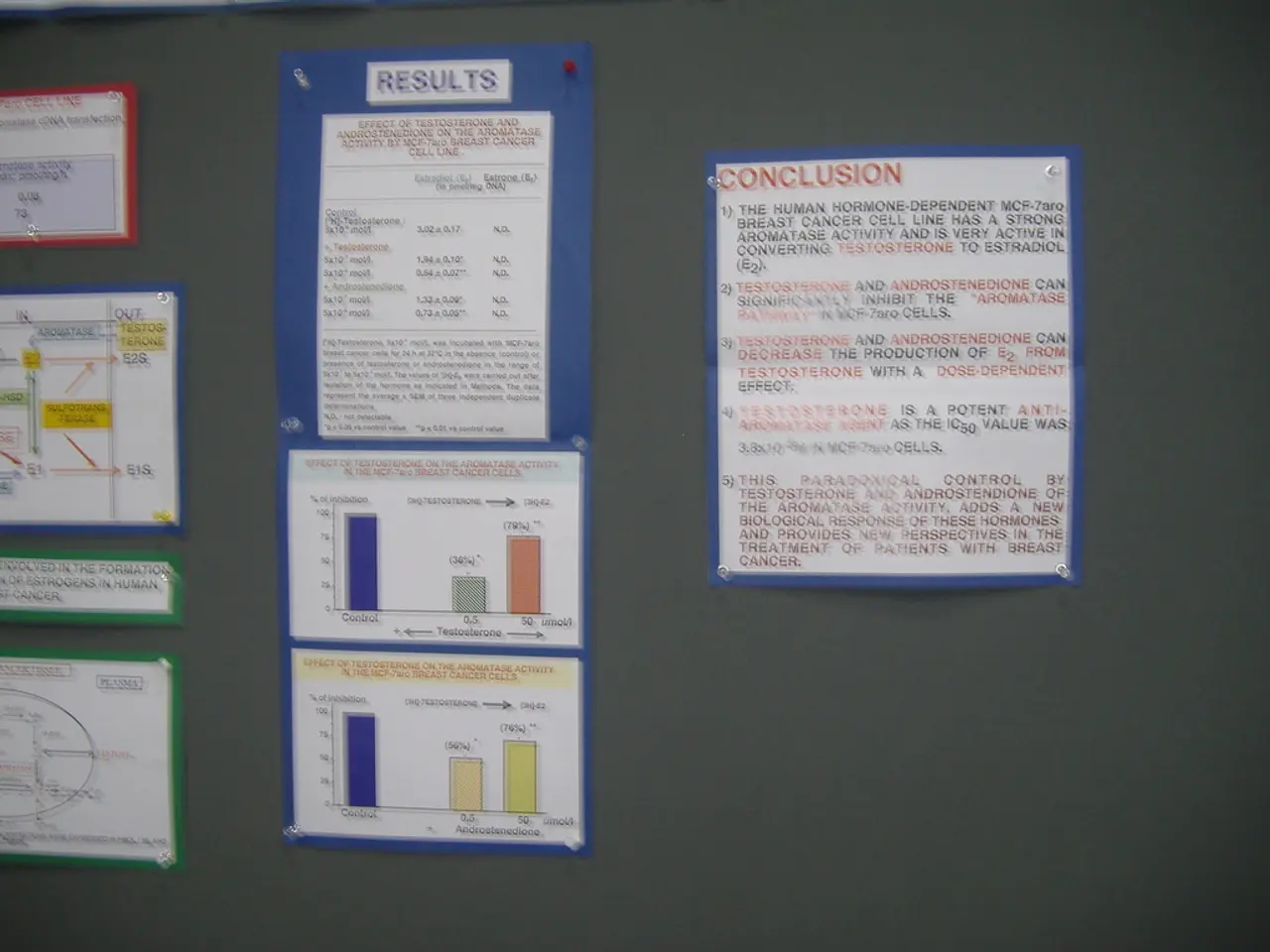Wholesale Central Bank Digital Currency (CBDC) trials seek input from the Bank of England
Bank of England Announces Wholesale Central Bank Money Trials for Digital Currency and Synchronization Solution
The Bank of England has unveiled plans for wholesale central bank money trials, focusing on the implementation of a wholesale central bank digital currency (wCBDC) and a synchronization solution for Distributed Ledger Technology (DLT) transactions. This initiative aims to enhance the settlement of wholesale transactions by providing financial institutions with a digital form of central bank money, designed specifically for institutional use, and integrating it seamlessly with DLT systems for efficient, secure, and synchronized transaction processing.
Key aspects of the Bank's planned approach include:
- Trialing a wholesale CBDC (wCBDC): This form of central bank money is intended exclusively for financial institutions holding reserve deposits at the central bank, distinguishing it from retail CBDCs meant for the general public.
- Synchronization solution for DLT transactions: The Bank is focusing on technical mechanisms that enable synchronized settlement of payments and asset transfers on distributed ledgers. This will help reduce settlement risks and improve the speed and finality of wholesale transactions conducted on DLT platforms.
- Integration with financial stability and data strategy: The Bank sees the use of digital and analytical tools, including DLT and wCBDCs, as integral to maintaining monetary and financial stability. Their broader data and analytics strategy underpins this initiative by supporting innovation in payments infrastructure.
The trials will include delivery versus payment (DvP), including the settlement of primary bond issuance transactions and secondary market transactions. The tests will use the real-time gross settlement (RTGS) system for settlement. The Bank is also planning to run tests for both the wCBDC and the synchronization solution.
The discussion paper emphasizes the need for commercial bank money to keep pace with consumer needs and deliver safe and sustainable innovation in payments. The tests will include interoperability with global initiatives such as BIS Project Agora for cross-border payments. The synchronization solution is envisioned as a third system that integrates between the RTGS and various DLTs.
The Bank is seeking views on the sort of wholesale infrastructure needed to support tokenized deposits. They have asked for respondents to share particular use cases they have in mind. The risks posed by stablecoins in the wholesale market are deemed to be an order of magnitude greater than the risks posed by retail use cases. A digital securities transaction in which an end user makes a tokenized deposit payment will be trialed.
The Bank of England is currently running Project Meridian FX with the European Central Bank. They have also previously conducted trials, such as a digital real estate transaction that settled via connectivity with the RTGS, in conjunction with the BIS Innovation Hub. The UK is currently testing tokenized deposits through the Regulated Liability Network initiative.
In a preface to the discussion paper, Bank of England Governor Andrew Bailey noted the need for policymakers to approach innovation with humility, as the nature and pace of change may render one's assessment outdated within weeks. The Bank's move aligns with global trends where many central banks explore wholesale CBDCs to enhance the resilience and efficiency of wholesale financial markets. The Bank's efforts are part of a progressive roadmap to modernize core financial market infrastructures with emerging digital technologies.
- The Bank of England's planned wholesale CBDC (wCBDC) is intended for financial institutions, differentiating it from retail CBDCs designed for the general public.
- The trial will include both the wCBDC and the synchronization solution for processing DLT transactions, with an aim to improve the speed and finality of wholesale transactions.
- The Bank is seeking insights from the industry, particularly in relation to the sort of wholesale infrastructure needed to support tokenized deposits.
- The risks associated with stablecoins in the wholesale market are considered more significant than in retail use cases.
- The Bank of England's move towards wholesale CBDCs and the synchronization solution is part of a broader trend in the banking-and-insurance industry, with a focus on data-and-cloud-computing technology and the modernization of core financial market infrastructures.




